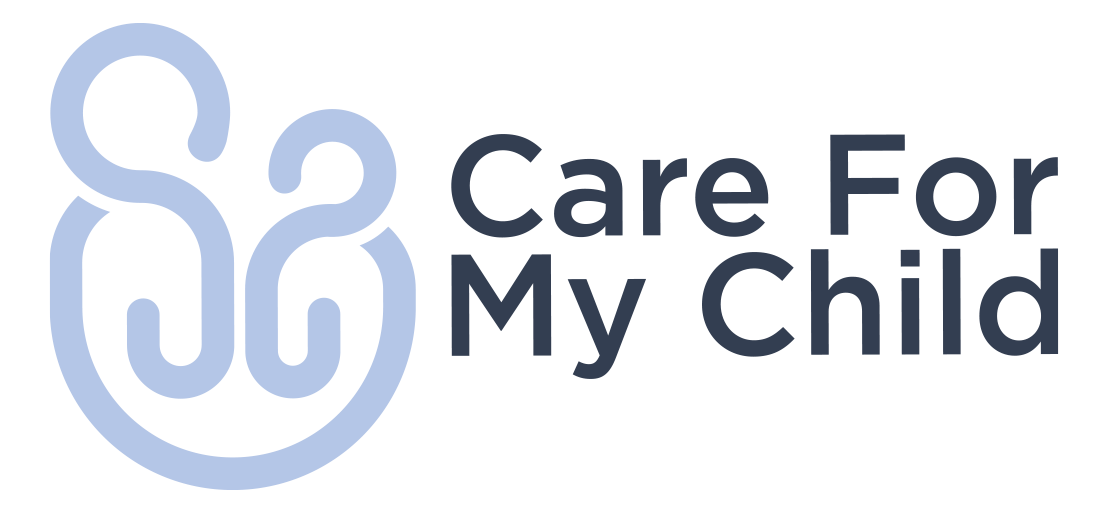Your Guide to Reflux: From Tummy Troubles to Peaceful Nights
Introduction:
Congratulations on embarking on the fulfilling journey of parenthood! The joys and challenges that come with raising a new-born are numerous, and naturally, questions arise on how best to care for your baby. One topic often surrounded by queries is gastro-oesophageal reflux (or reflux for short) in infants. If the term itself seems intimidating, worry not. This guide aims to demystify what reflux is, how to identify its symptoms, manage it effectively, and understand when professional medical advice may be warranted.
What is Reflux?
Reflux occurs when the contents of your infant's stomach make their way back into the oesophagus, the tube connecting the throat to the stomach. This frequently happens in babies because the muscle at the bottom of the oesophagus is not fully developed. While the name may sound concerning, it is crucial to note that this condition is often a normal part of an infant's physiological development.
Identifying the Symptoms of Reflux in Infants:
Recognising the symptoms of reflux in your child can sometimes be challenging. However, there are distinct indicators that may point towards reflux as a possible cause of discomfort:
Regurgitation of Feed: This refers to the act of spitting up milk or formula during or after a feeding session. It is perhaps the most visible and straightforward sign of reflux.
Irritability During or After Feeding: A baby who appears unsettled or shows signs of distress during or after meals may be experiencing symptoms of reflux.
Coughing or Gagging: Should the milk or stomach contents rise partway up the food pipe, your baby might start coughing or gagging as a result. This could be an indicator that the digestive system is not fully retaining what your baby consumes.
General Discomfort or Restlessness: If your baby is generally uncomfortable, especially after meals, it's possible they might be suffering from reflux. This might manifest as a general lack of contentment or difficulty in settling down.
Management Strategies:
Most babies who have mild symptoms of reflux will not require any treatment. There are simple strategies you can try to help improve symptoms to try to ensure your baby is more comfortable:
Maintain an Upright Position: Holding your baby upright for approximately 20-30 minutes following a feed can be beneficial.
Smaller, More Frequent Feeds: Instead of large feeding sessions, consider giving your infant smaller amounts of milk more often.
Regular Burping: Ensure you burp your baby periodically during the feed, not just afterwards.
Check the Feeding Bottle: If bottle-feeding, make sure the hole in the teat is not too large, as this can cause your baby to swallow air, exacerbating reflux symptoms.
Elevate the Cot: Elevating the head of your baby's cot can encourage gravity to work in your favour, keeping stomach contents where they belong.
A small proportion of babies will require treatment in the form of milk thickener, Gaviscon or medication like Omeprazole.
Knowing When to Seek Professional Advice
Although reflux is usually not a severe condition, there are scenarios where you should seek medical attention:
Inadequate Weight Gain: If your infant is not gaining weight as they should, consult a healthcare provider.
Persistent Discomfort and Crying: Excessive crying and visible distress are indicators that medical advice is necessary.
Altered Colour in Vomit: A green colour, or a substance resembling coffee grounds, warrants immediate medical attention.
Breathing Difficulties: Any signs of compromised breathing require urgent medical evaluation.
In such instances, it's advisable to consult healthcare professionals for a review.
Conclusion:
Each infant is unique, and methods that work for one may not be effective for another. Always consult healthcare professionals if you have concerns about your baby's wellbeing or book into our Well Baby or 3 month clinic for a review. Navigating the complexities of parenthood can be daunting, but armed with knowledge and a robust support system, you will be more than equipped for the journey ahead.
